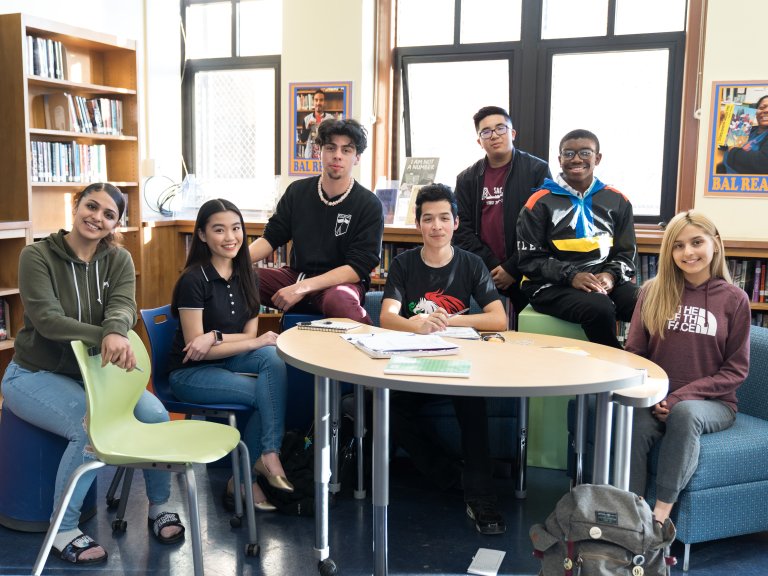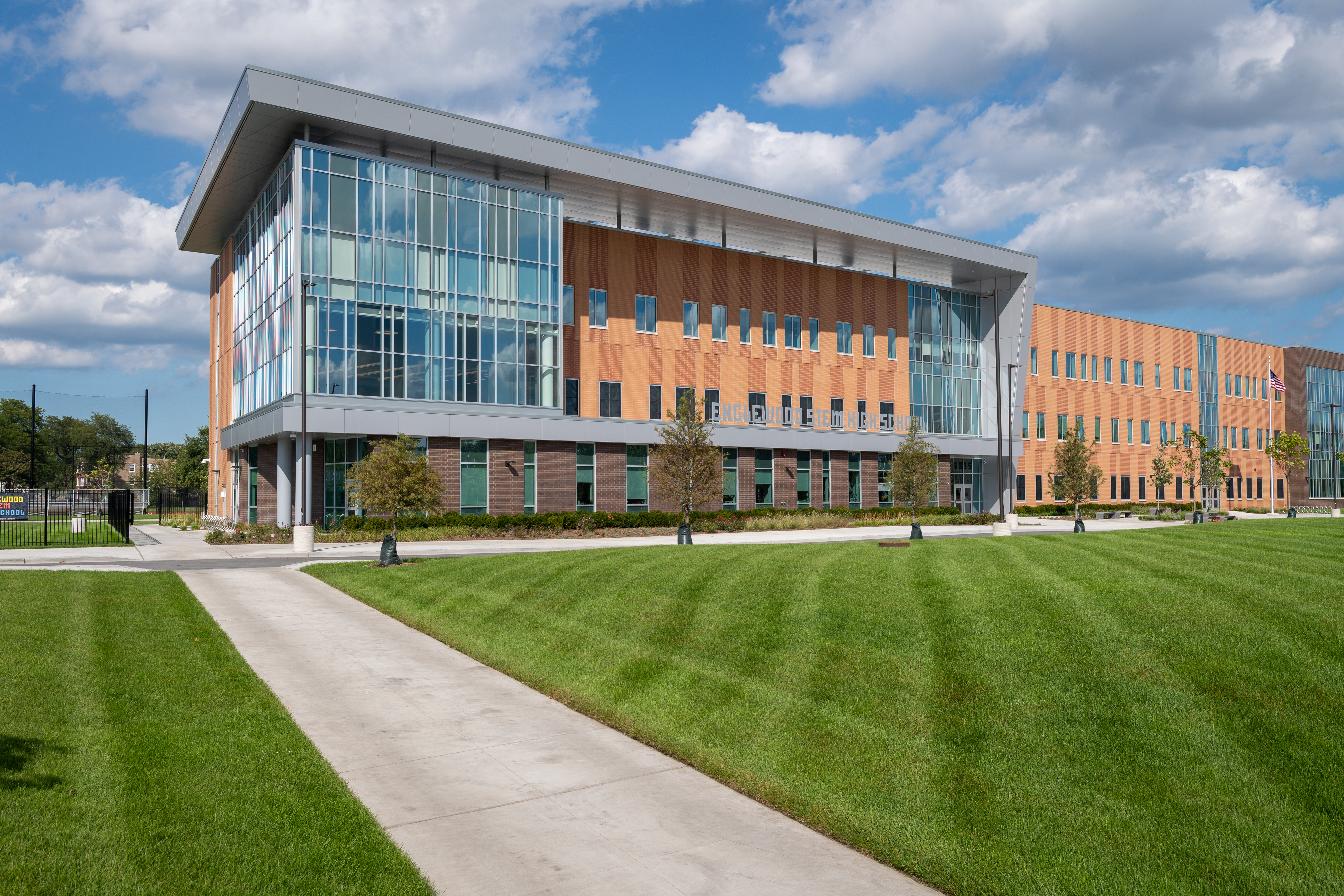Sign Up With Us: Events and Initiatives to Save Temecula Schools
Sign Up With Us: Events and Initiatives to Save Temecula Schools
Blog Article
Understanding the Relevance of Colleges in Child Growth and Neighborhood Growth
Schools act as pivotal establishments for kid development and neighborhood development, offering atmospheres where academic achievements are complemented by the cultivation of social abilities and direct exposure to diverse perspectives. These educational settings not only promote important thinking and efficient communication yet likewise foster compassion through joint tasks. Furthermore, colleges' involvement with local communities via service-learning campaigns enhances the bond between households and educational institutions. This symbiotic relationship underscores the relevance of colleges in supporting energetic citizenship and lifelong learning practices. However, what are the specific systems whereby these organizations achieve such extensive influences?
Academic Achievement
Academic accomplishment acts as a cornerstone of youngster advancement, offering the structure upon which future discovering and success are constructed. Institutions play a crucial duty in cultivating this academic growth, providing organized environments where youngsters can get essential understanding and cognitive abilities. Standard educational program make certain that pupils gain effectiveness in core subjects such as mathematics, science, and language arts, which are essential for both college and professional possibilities.
In addition to imparting fundamental academic skills, schools additionally grow important thinking, problem-solving abilities, and intellectual inquisitiveness. These cognitive proficiencies are essential for browsing intricate real-world situations and adjusting to the ever-evolving needs of the modern-day workplace. Teachers, as facilitators of discovering, use varied pedagogical techniques to satisfy different understanding styles, consequently optimizing private student capacity.
Moreover, scholastic success is closely linked to self-confidence and inspiration. Children that experience academic accomplishments are most likely to develop a favorable self-concept and a lifelong enthusiasm for learning. Institutions likewise offer different sources, such as libraries and innovation, which further boost the academic experience and prepare trainees for a technologically sophisticated culture.
Social Skill Development
Beyond scholastic achievement, the function of schools in social ability growth is vital. Schools serve as a primary venue for youngsters to discover and exercise crucial social abilities such as conflict, collaboration, and communication resolution. In the organized atmosphere of a classroom, students engage with peers, instructors, and other school personnel, supplying countless chances to establish these vital capacities.
Reliable social skill advancement in colleges is promoted with group tasks, joint jobs, and extracurricular programs. These interactions assist trainees comprehend social norms, construct compassion, and cultivate a feeling of community. As an example, team tasks show students exactly how to interact in the direction of a typical objective, pay attention to different viewpoints, and navigate arguments constructively.

The cultivation of social skills throughout academic year lays a foundation for future personal and professional relationships. Save Temecula Schools. As students mature, the capability to successfully communicate and work together comes to be increasingly crucial, emphasizing the institution's critical role in holistic kid development
Exposure to Variety
Direct exposure to diversity in schools is fundamental to promoting an inclusive mindset and widening trainees' point of views. Schools work as a microcosm of the more comprehensive culture, and experiencing diverse cultures, languages, and socioeconomic backgrounds within this environment outfits students with important skills for navigating an increasingly globalized globe. This direct exposure urges empathy, reduces bias, and advertises common respect among peers.
Study shows that trainees who communicate with peers from diverse histories exhibit far better problem-solving abilities and imagination. This understanding of diversity prepares pupils for future offices that worth multicultural proficiency - Save Temecula Schools.

Area Interaction
The advantages of varied classrooms prolong past the institution walls, fostering a solid feeling of neighborhood involvement among students. By engaging with peers from numerous cultural, socioeconomic, and ethnic backgrounds, pupils acquire a broader point of view and a gratitude for variety. This exposure encourages them to become energetic people who want to add favorably to their communities.
Schools that stress neighborhood involvement often incorporate service-learning tasks, which allow students to deal with real-world troubles while using academic skills. These projects not only improve pupils' understanding of their coursework yet additionally infuse a feeling of duty and empathy. Furthermore, partnerships in recommended you read between colleges and local organizations offer students with opportunities to take part in area occasions, even more solidifying their duty as positive area participants.
In addition, parental and neighborhood participation in schools strengthens the bond in between educational establishments and the areas they serve. With these efforts, institutions play a pivotal role in nurturing community interaction and cultivating social growth.
Lifelong Knowing Habits
Establishing lifelong discovering habits is crucial for a youngster's continual development and adaptability in an ever-changing world. Schools play a crucial duty in instilling these habits by creating an atmosphere that promotes inquisitiveness, crucial thinking, and a love for understanding. With extracurricular tasks and varied educational programs, teachers motivate trainees to check out different topics, evaluate info critically, and apply their discovering to real-world more information situations.

In addition, schools provide an organized environment where kids can create self-discipline and time management skills, both of which are crucial for constant understanding. By emphasizing the importance of establishing goals, reviewing progression, and adjusting strategies, universities prepare pupils to navigate the complexities of adult life, guaranteeing they continue to be lifelong students and factors to culture.
Conclusion
Finally, schools are important in promoting kid growth and area development by providing atmospheres for scholastic success, social skill development, and direct exposure to diversity. With collaborative jobs and communications, institutions boost vital reasoning, compassion, and interaction abilities. Area interaction initiatives additionally reinforce the bond in between universities and neighborhood neighborhoods. Ultimately, colleges cultivate long-lasting understanding behaviors, outfitting people with the necessary understanding and skills to add favorably to culture.
In the organized atmosphere of a class, trainees helpful site interact with peers, educators, and other college personnel, offering many opportunities to establish these crucial capacities.
In essence, direct exposure to diversity within colleges not only enhances individual pupils but additionally strengthens the social textile of the neighborhood as a whole.
The advantages of diverse classrooms extend beyond the college walls, promoting a strong feeling of community interaction among pupils.Institutions that emphasize neighborhood engagement usually integrate service-learning tasks, which allow trainees to deal with real-world troubles while using scholastic abilities. Collaborations between colleges and local companies provide students with chances to participate in community occasions, additionally solidifying their role as positive neighborhood participants.
Report this page